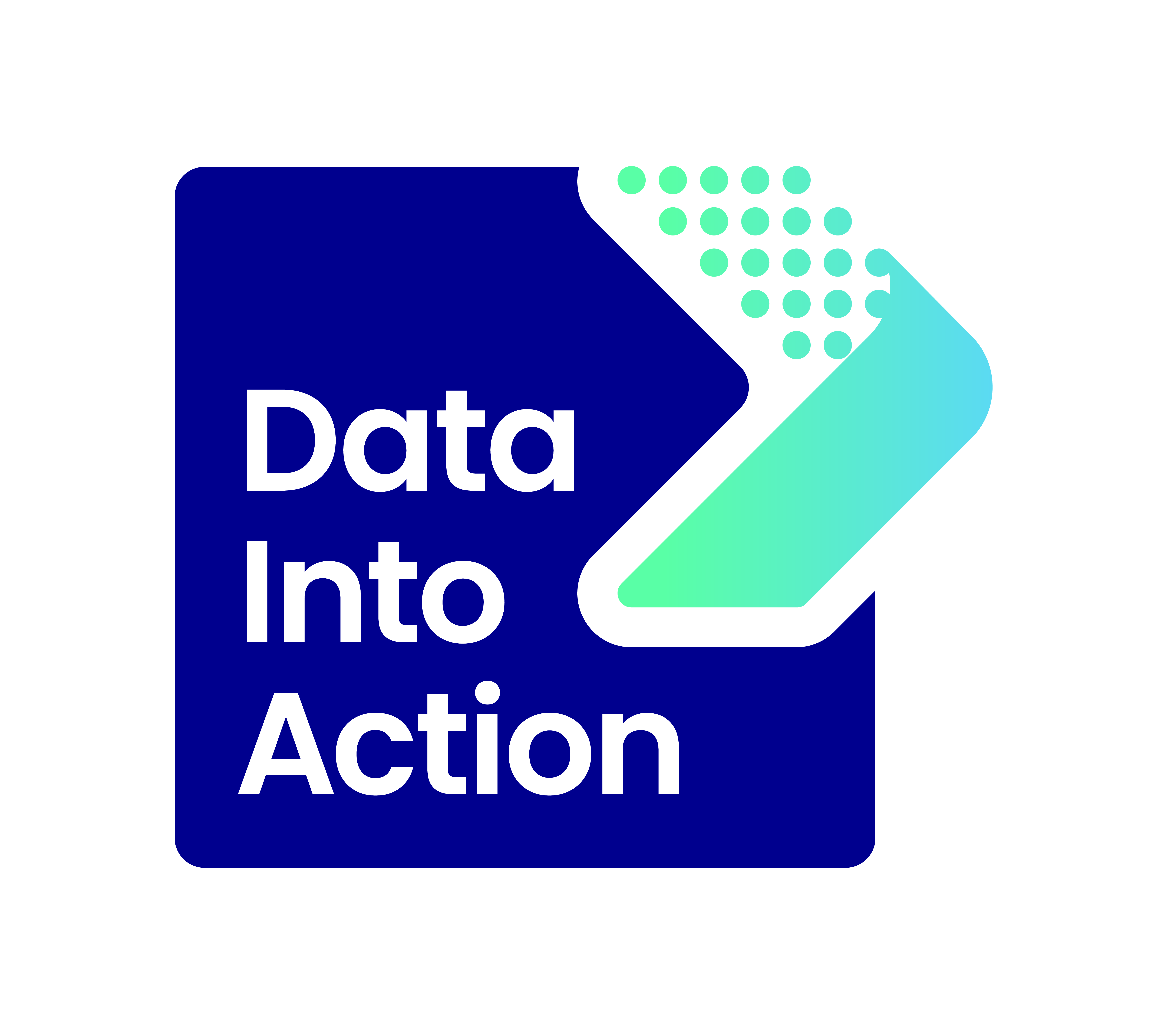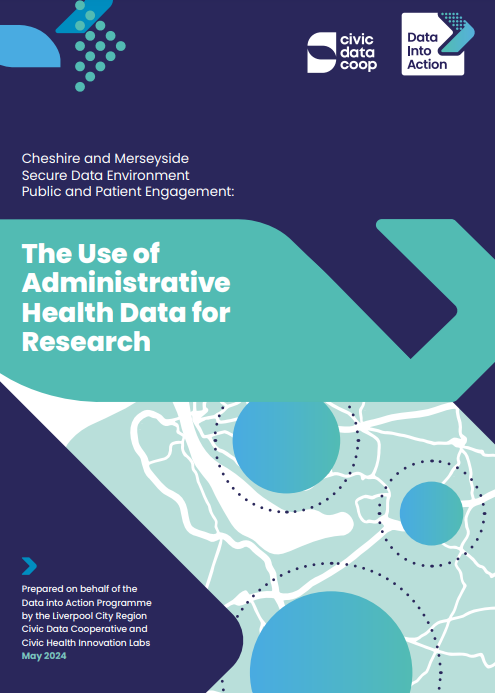Get involved
Your voice matters in shaping how we use data to improve care in Cheshire and Merseyside. We actively seek input from local residents, patients, carers, and community groups to help guide our work.
Whether you're interested in joining our Patient and Public Advisory Group, participating in focus groups, or sharing your views through our engagement events, there are many ways to get involved.
By sharing your views, you can help us ensure that our data practices are safe, transparent, and focused on delivering real benefits to our communities.
Find out more about current opportunities to get involved below.

 The Use of Administrative Health Data for Research report presents a summary of public engagement for the Cheshire and Merseyside Secure Data Environment (SDE) commissioned by the Data into Action programme.
The Use of Administrative Health Data for Research report presents a summary of public engagement for the Cheshire and Merseyside Secure Data Environment (SDE) commissioned by the Data into Action programme.